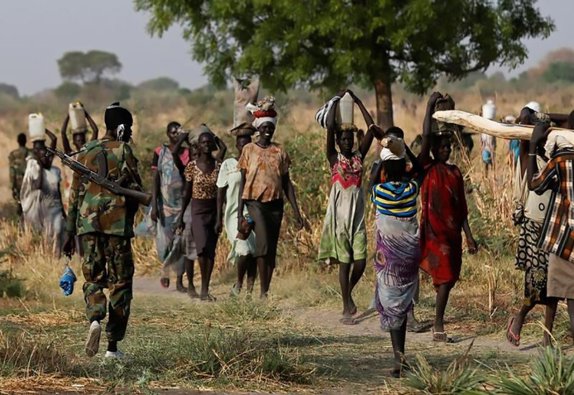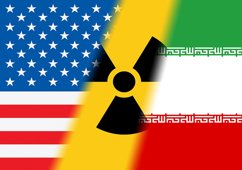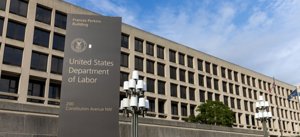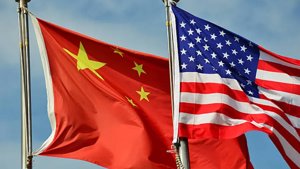
Judge Halts Deportations to South Sudan
Federal judge mandates custody of South Sudan deportees amid legal challenge over third-country removals.
Judge Issues Urgent Ruling on Deportations
U.S. District Judge Brian Murphy has ordered the Trump administration to retain custody and control over migrants deported to South Sudan and other third countries, to allow for their return should the court later rule the removals unlawful. The directive, issued Tuesday evening in Massachusetts, stems from ongoing litigation accusing the administration of violating existing court orders by transferring individuals to nations where their safety may be at risk.
The ruling comes after attorneys for immigrants from Myanmar and Vietnam sought emergency relief, arguing that their clients were being deported in violation of a mandate requiring a “meaningful opportunity” to contest removal on the basis of potential harm. Murphy emphasized that any removals made in disregard of this right could be reversed, provided that the individuals remain traceable and returnable.
Legal Scrutiny Over Third-Country Removals
Judge Murphy’s order requires federal officials to appear in court to identify those impacted, explain how and when removal decisions were made, and provide details on whether the migrants were informed of their right to raise fear-based claims. He further instructed the government to disclose the current locations of any individuals already deported to third countries.
In prior rulings, Murphy had warned the administration against attempts to send migrants to volatile nations, such as Libya, without proper notification. His position reflects a broader judicial concern over the legality and human rights implications of third-country deportation practices.
South Sudan, the destination country at the center of the dispute, is grappling with severe instability, armed conflict, and humanitarian crises. The U.S. Embassy in neighboring Sudan suspended consular services in April 2023, underscoring regional volatility.
Secretary of State Marco Rubio recently announced the immediate suspension of visa issuance to South Sudanese nationals, citing that South Sudan’s transitional government had failed to cooperate in receiving repatriated citizens. The measure effectively tightened immigration enforcement while straining diplomatic ties with the East African nation.
The United States currently holds deportation agreements with only a limited number of third-party countries, including El Salvador. That agreement has been used to facilitate the deportation of hundreds of Venezuelan migrants under the Trump administration’s enforcement policies.
The Department of Homeland Security has not yet provided a public response to Judge Murphy’s directive or indicated how it plans to comply with the order’s detailed demands.
As legal proceedings continue, the administration must justify its deportation protocols while ensuring the ability to reverse removals deemed unlawful. The court’s insistence on accountability could significantly influence U.S. immigration policy regarding third-country agreements going forward.






